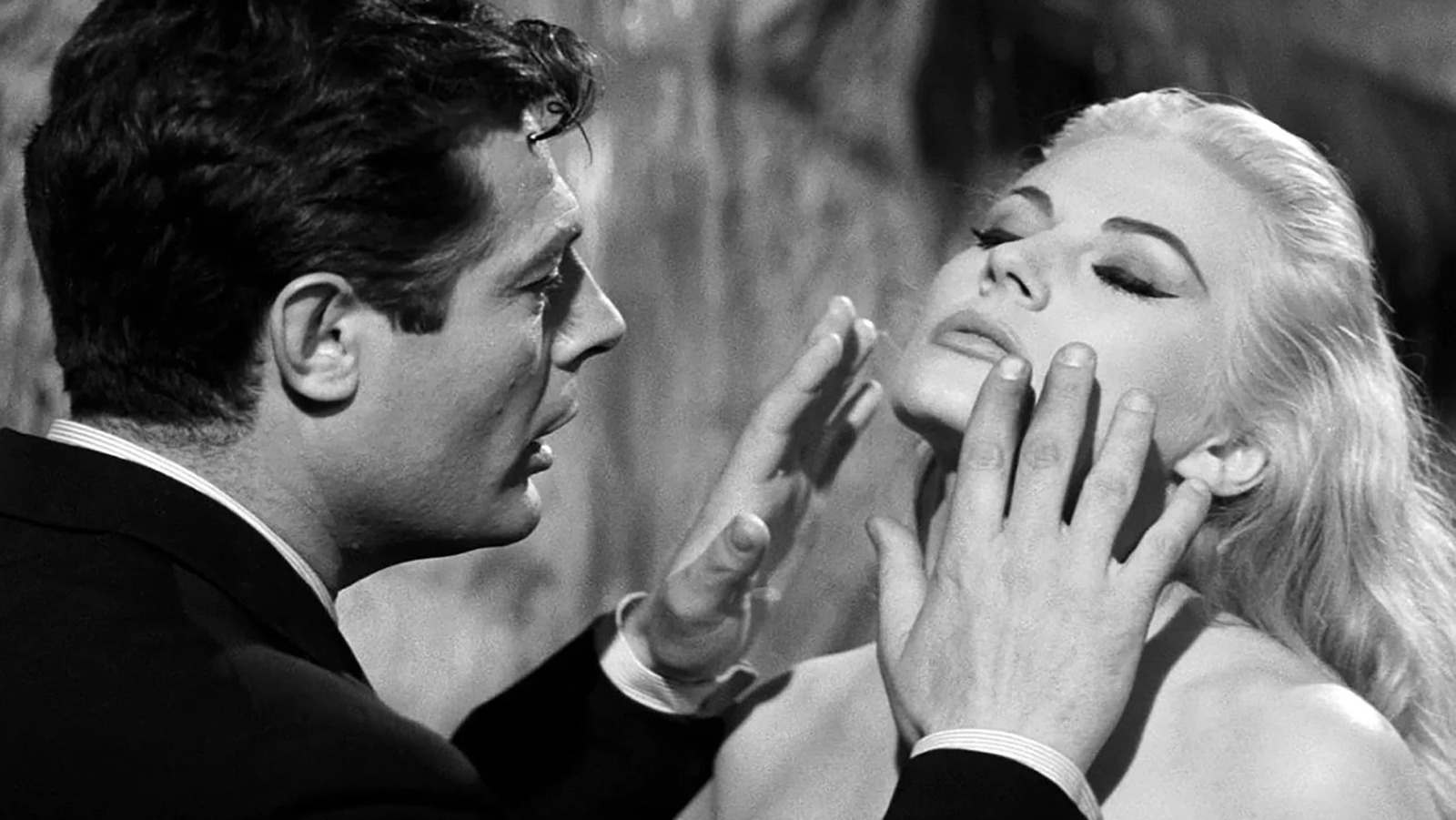
Roger Ebert’s Ultimate Favorite Film Was This 1960 Dark Comedy
One of the perennial inquiries directed at film critics is, “What’s your all-time favorite movie?” Every critic will attest to the complexity of that question. After all, a critic’s appraisal of a movie hinges on their personal taste and emotional response, so shouldn’t the film they deem the best ever also be their favorite? In a 2012 piece on his personal website, Ebert pondered this very dilemma. He recalled how his old colleague, Gene Siskel, often asserted that “Citizen Kane” was the “official” response to that query. With numerous critics considering it the pinnacle of cinema, it seems reasonable to assume their answer would default to this classic, right? Yet, we all understand that taste is rarely that straightforward. A film can resonate with a person for many reasons—maybe it’s a childhood favorite, a quirky film that aligns with one’s unique preferences, or even a less polished movie that resonates deeply due to its themes or characters. It’s possible for a critic to regard a film as the best ever made yet not hold it as their personal favorite. So, for those critics who agree on “Citizen Kane” as the ultimate film, the question looms: what of personal favorites?
When pressed about his own favorite, Ebert revealed a struggle, cycling through a myriad of esteemed films before landing on a vague “I don’t know.” Instead, Ebert crafted a new metric for determining his favorite: he asked himself, “Which film would I most like to watch again right this minute?” What movie, regardless of his mood, would hit the sweet spot? What film never grows old? His answer? Federico Fellini’s 1960 tragicomedy “La Dolce Vita.”
So, what’s the essence of “La Dolce Vita”? Federico Fellini can prove challenging for younger American audiences; his films often dance along the line of self-indulgence and heavy self-reference, sometimes creating an emotional distance. Beginners looking to delve into Fellini’s works certainly shouldn’t kick off with his most renowned film, “8½.” Instead, “La Dolce Vita” provides a more accessible entry point, filled with emotional resonance and a distinct representation of Italian “cool.” Set against the backdrop of Rome, particularly along the lively Via Veneto—home to cafes and nightclubs—this film presents the tale of a jaded tabloid journalist named Marcello, portrayed by Marcello Mastroianni. At a crossroads in his life, Marcello grows weary of trailing after low-tier celebrities and affluent figures, seeking only a fleeting quote. He stands at the periphery of the sweet life, witnessing it but never truly partaking.
Early on, Marcello explores a brothel, yet instead of engagement, he simply dozes off. The allure of a stunning film star, played by Anita Ekberg, leads him into the Trevi Fountain for a symbolic swim that transforms her into a fantastical, unattainable statue. While still captivated by the indulgent lifestyle, Marcello grapples with his evolving aspirations, yearning for more meaningful adult pursuits, despite his job failing to equip him for such growth.
Ebert shared his perspective on “La Dolce Vita” in that same 2012 essay, emphasizing both the nostalgia it holds for him and how it continues to evolve in meaning as he himself ages. He articulated, “Movies do not change, but their viewers do.” Reflecting on his first viewing in 1962 during his teenage years, he recalled how “the sweet life” embodied everything he longed for—exotic allure, an adventurous spirit, the weary charm of a cynical journalist. Fast forward to 1970, when he found himself in a lifestyle reminiscent of Marcello’s—not quite the Via Veneto but just as vibrant in its own right.
As he matured, so did his perspective. By 1980, Marcello’s image shifted from a figure of aspiration to one of despair. Ebert noted, “By 1991, Marcello seemed younger still. Where I once admired him, I now felt pity for him, condemned to an endless quest for happiness that would remain elusive.” He mused over the importance of discovering personal truths, suggesting that the idea of a “sweet life” might be a myth one must explore for themselves.
Watching “La Dolce Vita” is akin to observing a relative age, while your own growth becomes apparent. It serves as a vibrant celebration for the young and transforms into a poignant tragedy for the older audience. This quality, Ebert suggested, may explain why the film resonates so profoundly with him, capturing the essence of an eternal search for meaning in a transient world.




